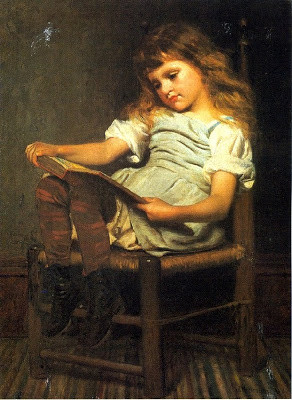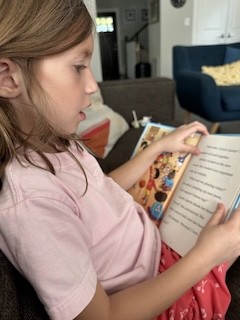Recently, Cyndie and I published a study on disciplinary literacy in the Journal of Literacy Research (Shanahan, C. Shanahan, T., & Misichia, 2011). In the study we report on our efforts to identify the special nature of literacy in three disciplines. We looked specifically at history, science (chemistry), and mathematics.
The study was based on the theory that it would be useful to account for such information when teaching students to read. The idea is that if students were taught to read history in a way that corresponds to how historians read they'd be better equipped to handle such materials. Obviously the first step in that journey is to identify those disciplinary differences, and our work was in that vein.
Which raises an important point: Disciplinary literacy is distinct from "content area" reading. Disciplinary literacy is more aimed at what we teach (which would include how to read and use information like a scientist), than how we teach (such as how can students read the history book well enough to pass the test). The idea of disciplinary literacy is that students not only have to learn the essential content of a field, but how reading and writing are used in that field. On the other hand, content area reading focuses on imparting reading and study skills that may help students to better understand and remember whatever they read.
Accordingly, a disciplinary literacy teacher may try to get students to engage in author-centered readings or sourcing (in which students try to identify an author's argument, perspective, evidence)--since that is what historians do when they read; while a content area literacy teacher would push for students to use Cornell notes or KWL, since such techniques can help readers to remember more information from a history text. Disciplinary literacy strives to get students to participate--albeit at a low level--in the reading and discourse of a particular discipline, while content area literacy strives to get students to read and study like good students.
I know some reading experts who think disciplinary literacy is nuts. Their argument is that kids are not scientists, mathematicians, or historians; they are students. Thus, the agenda of content area reading (to teach students explicitly how to study and learn information well) is an appropriate one and that teachers and students should focus on content area reading.
Our counter argument is that the development of general reading skills is not an good goal for content area classes at a high school, and that not many teachers are willing to aim for such goals and procedures given that these do not come from their discipline. Identity is very important to human beings. A teacher striving to be a math teacher is dedicated to math goals and is interested in hanging with math teachers. Using instructional methods that bind them closely to the math community (as opposed to the reading community) would be attractive.
We also recognize that content area reading instruction tends to help the bottom kids only. We think this discourages teachers from adopting content area reading. We suspect that reading procedures more in line with the mores of a discipline may be helpful to even better students.
I think the argument between those who are proponents of disciplinary literacy and content literacy are valuable. But the confusion between the two concepts is unfortunate (too many educators think that disciplinary literacy is just a new name for content area reading) It can prevent teachers from understanding what the choices really are.







Comments
See what others have to say about this topic.